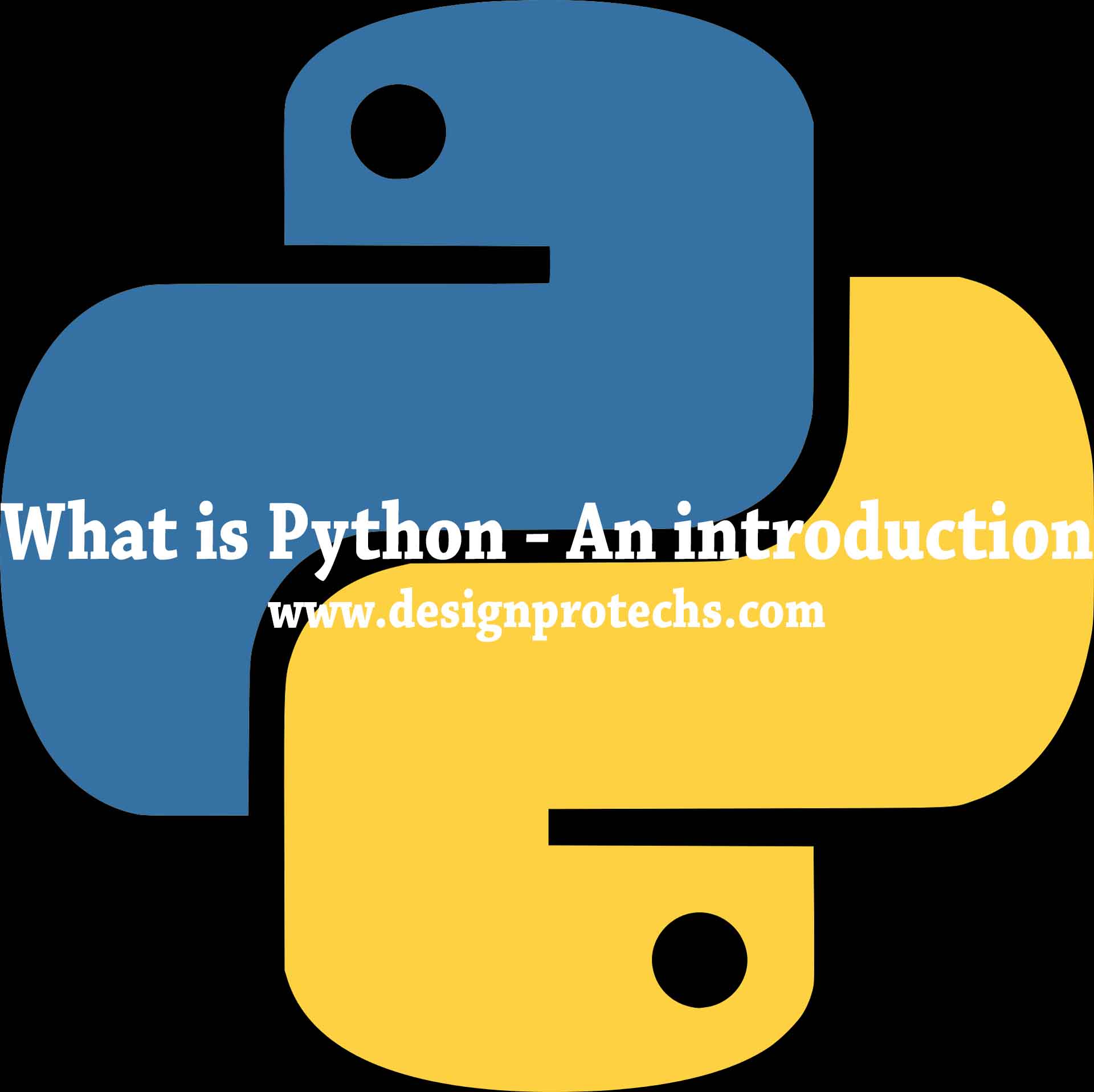Mobile networks are going to play a major role in the world leading to digitalization. Role of mobile networks toward IoT is to provide strong backbone where an enterprise is going for an end to end lead.
IoT opportunity in the automation industry
A recent study shows that the automotive industry is very evident that is going to capitalize on IoT opportunities. A study says that approximately 70% of the employees who are working with a high level of car companies agree to state that present purchasing criteria will not hold good in the near future.
Sounds strange? Actually, it is not strange but very close to reality. It is because of the benefits that connected cars are going to provide to its customers. These benefits include the use and availability of advanced GPS to ensure efficiency towards time as well as fuel. Use of various sensors towards the safety of passengers is another important benefit. Such experiences when combined together are entirely going to change the driving experience. Again, in making the connected cars dream come true, connectivity is going to play a vital role. Evolved networks need to ensure the connectivity and reliability so that considering the safety as well as the driving experience of the passenger.
Mobile networks toward IoT
Mobile networks toward IoT will form a strong backbone for IoT solutions towards long-term, reliable and continuous connectivity. Also, mobile networks toward IoT need to transform or evolve so that enterprises are made flexible enough to manage their IoT network.
With last statement stating enterprises need to make flexible enough to manage their IoT network is raising another question. Why do we need to empower the enterprise in this fashion?
Control Versions
If we understand from mobile network operator point of view, operators already have control over all devices connected to their network. These connected devices include the mobile phone, laptops, tablets etc. If connectivity remains with traditions devices only then the existing model holds good and logical. How about if there are multiple devices connected to a network like traditions devices, various sensors, embedded SIMs etc? With such large connected devices, it will not be possible for the mobile network operator to own the control of all the connected devices resulting in failure of the existing model.
This failure results in another control version of connected devices where enterprise needs to control and manage their IoT devices. It will also act as a cost-effective solution to the enterprise as it will be costly as well as inconvenient to be controlled and managed by a mobile network operator as the count for such IoT devices may start from minimum quantity as 1 device to millions for a single enterprise.
We need to understand that an enterprise also needs real-time control over their devices. It will help them analyze the data, make changes in parameters and also troubleshoot the problems if any in their own network rather waiting for support. With the time change, IoT will expand so as the number of connected devices.
Your comments are much appreciated. Feel free to get in touch with us. We are also available on Twitter, You can tweet us @designprotechs







Vaibhav says:
Vaibhav says:
Vaibhav says: